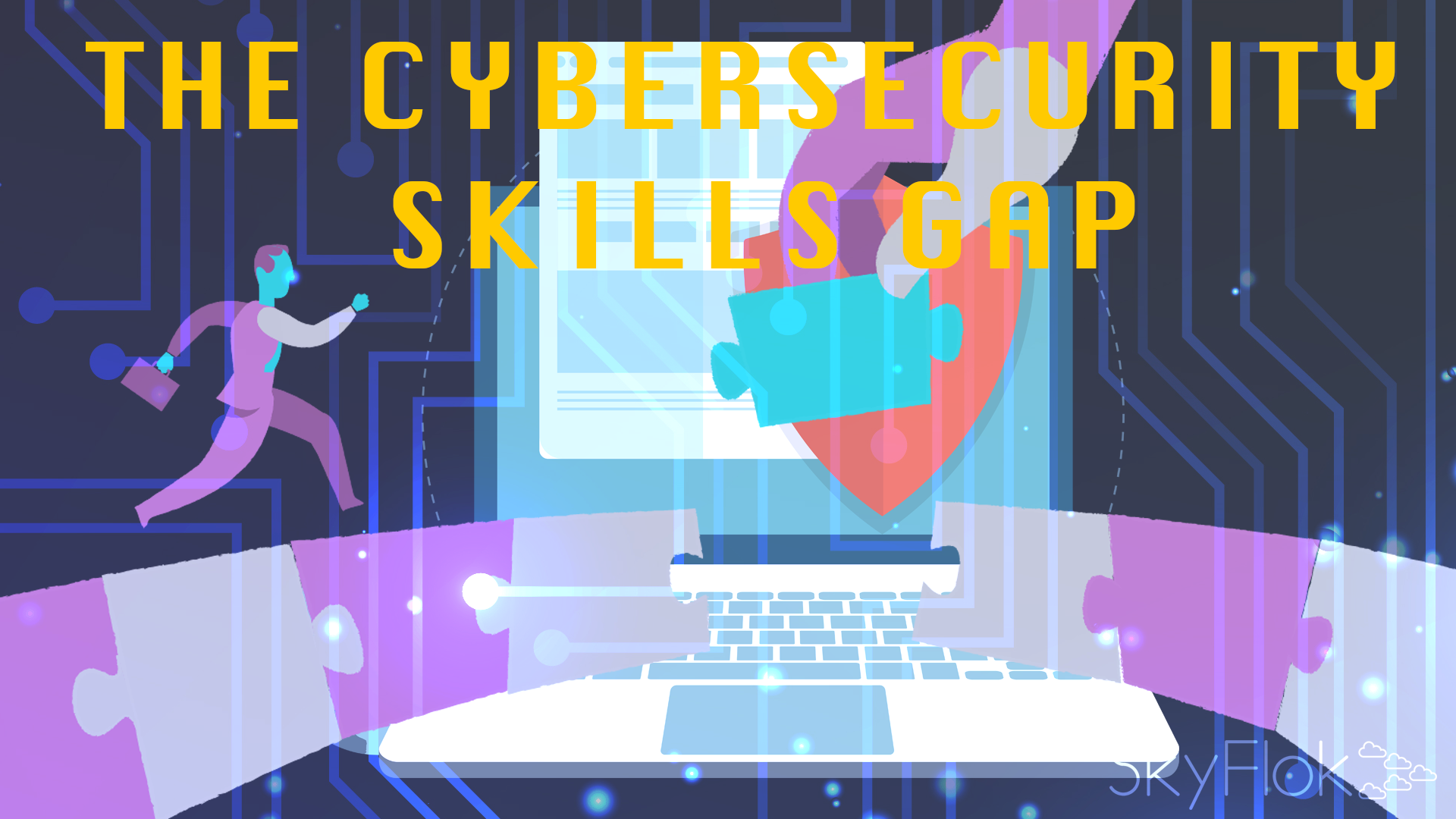Back
Skill Gap - A Critical Concern For Cybersecurity
- By Elite CIO
 Sep 23, 2019
Sep 23, 2019 15
15
 It’s not difficult to find worrying predictions from experts who say the cybersecurity sector desperately needs to figure out how to address its skills shortage
It’s not difficult to find worrying predictions from experts who say the cybersecurity sector desperately needs to figure out how to address its skills shortage
Cybersecurity is a booming sector with a significant skill gap crisis.In a report published recently in January 2019, even the World Economic Forumaffirmed that the United States has more than 200,000 vacancies requiring cybersecurityexperts, which employers are facing a hard time to fill up.
This enormous disparity between the talent's supply and demand is makingit exceedingly easier for seasoned hackers to exploit the system to theiradvantage. Since corporations lack the necessary cybersecurity specialists, thelevel of malicious threats has also risen significantly in the last few years, pleadingfor extraordinary measures to protect the systems globally.
There are two main determinants for this significant skill shortage:Absence of abilities needed for the job and underinvestment of corporations inthe cybersecurity solutions.
Although the Enterprise Strategy Group's 2018 study reveals somedifferent statistics: 92% of surveyed organizations in the US., the UnitedKingdom and Australia confirmed that they have significantly raised theircybersecurity budgets. The report comes as a ray of hope and affirms theincreasing seriousness and commitment of the companies to fight against severalcybersecurity threats looming large.
Challenges Leading to CybersecuritySkill Gap
The skill gap in cybersecurity is an obvious issue with different groundrealities seeking fast resolution. The glaring shortage of personnel has createdmany difficulties for other field experts too. Here are the major challengesbeing faced by the employers to fill the cybersecurity positions in theirrespective organisations.
1. Skilled professionals opting fortech-based companies: Skilled Cybersecurity experts are consciously looking for jobopportunities in either principal tech
firms or with the big wigs of theindustry. The primary reasons for such preferences could be attributed to therestricted exposure to the cybersecurity sector or
the lack of attractive paypackages in the field.
On the other hand,cyber threats have now reached the point where there is no security for anycritical information stored or flowing across a network. So,
being anorganization, if you understand the importance of data protection, then itshould not be a problem to offer a reasonable pay to a cybersecurity
specialist.
2. Ever-increasing demand: The expanding skill gap in the cybersecuritysector has become like a never-ending piece of a mountain for its climbers.Even the statistics show that by 2021, there will be 3.5 million cybersecuritypositions lying vacant.
3. Lack of communication skills: A cybersecurity professional'sabilities are not only restricted to the understanding of the recent malwareand solutions to
save various types of equipment from cyber threats, but they alsoneed to understand how to interact effectively.
The top leadershipin a corporation need to be aware of the significance of cybersecuritysolutions— The powerful written and verbal communication skills can
convincethe management to set aside a reasonable budget for the cybersecurity solutionsof the company.
4. Assessing a prospect on the durationof Previous Work Experience: Hiring an employee on his/her qualification background was perpetually
acknowledged as the best practice. But in the present world, a professional'sskills encompass vast knowledge than what his/her degree or certificationreveals.
Hence, it is not the right approach to judge a book by itscover.
Companies need tounderstand the value of a person's knowledge rather than limiting the selectioncriteria to a few years of work experience. It is about time
that we expand ourlimited perspective of a qualified person for a job vacancy.
Workable Approaches to Counter the Skill Gap in Cybersecurity
There are a few notable approaches listed below that can address theshortage of cybersecurity skills significantly.
1. Public–Private Partnership: To get hold of the worseningsituation, the public and private sectors need to get their act together andaddress the problem
collectively. A few years ago, former US president BarrackObama came up with a Washington-Silicon Valley partnership to bridge the gap incyberspace.
Israel has adopteda similar but more effective approach. Their model bridges and consolidates thecybersecurity relationships between the military,
government bureaus, severaleducational establishments, numerous peddlers of cybersecurity andfinancers.
2. Collective industrial effort: Instead of going solo and reachingnowhere, peddlers of cybersecurity and technology should collaborate to pooltheir
resources and talent to form powerful strategies for overcoming the skillgap.
3. Establishing Interactive Tools: We must develop adaptable instrumentsto measure the long-term changes in the sector by estimating the future-oriented
effect of the cybersecurity ability gap across the industry. Government andpublic organizations can collaborate and construct these interactiveinstruments
together.
Final Word: Improvement is on its way
National recognition of the cybersecurity problem is already underway.From public-private partnerships to Cybersecurity Workforce Alliance's job toaccelerate the willingness in applicants for cybersecurity field at theentrance level, experts are trying hard to bring a massive change with theirconcentrated efforts.
However, all these steps mark as just the small start to a long andarduous journey ahead. The skill gap in the field of Cybersecurity needs a morecollective and robust approach to remove the disparity from the root itself.